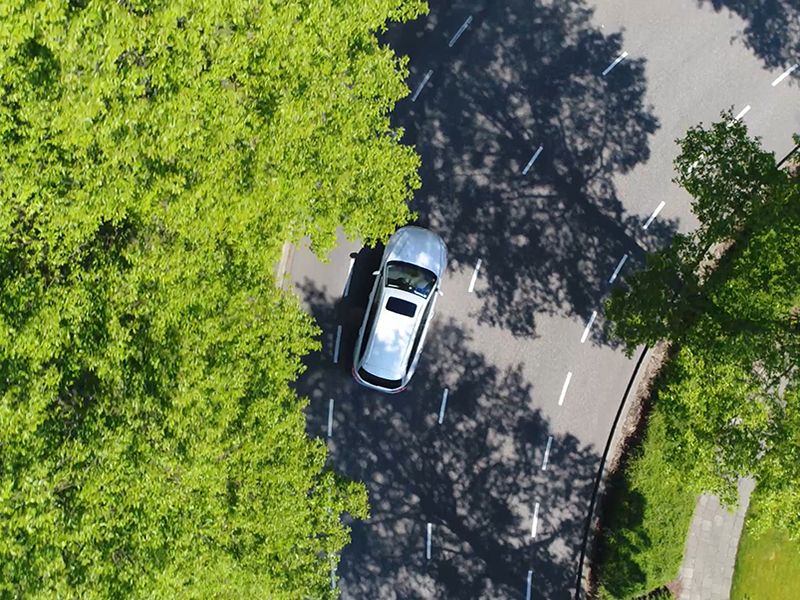1st November 2021
UK government introduces zero emissions vehicle mandate from 2024

The UK government confirms zero emissions mandate plans from 2024 onwards, as part of the Net Zero Strategy that was published in October. Manufacturers will be expected to sell an increasing number of zero emission vehicles each year to speed up the shift to zero-carbon future. Car and van makers who fail to meet the targets could face financial penalties.
In 2022, a consultation will be launched to determine the design of the ZEV mandate, the exact proportions expected from manufacturers to sell and how it will be enforced.
Other key commitments as part of the Net Zero Strategy include additional £620 million funds to support the rollout of EV charging infrastructure, with a focus on improving targeted plug-in vehicle grants as well as local residential charging. The aim is to ensure that the UK’s charging infrastructure network is reliable, accessible and meets all motorists’ demands. Later this year, the government will publish an EV infrastructure strategy.
A further £350 million from the Government’s ATF will be allocated to support the electrification of UK Vehicles and their supply chain. The Government aims to build a globally competitive zero emission vehicle supply chain and to ensure that the automotive sector is at the forefront of the net to zero transition.
More than £12 billion will be invested in local transport systems over the current Parliament, and further £2 billion in cycling and walking infrastructure in order to increase the journeys taken by public transport, cycling and walking.
Lee Hamlett, KINTO Commercial Director, said: “We support a transition to a lower emission future and believe that any ZEV mandate should recognise supply constraints across cars and vans and that Light Commercial Vehicle product choice is limited, making a 2030 target very challenging to achieve.
I would have liked acknowledgement that full self-charging hybrid is a progressive technology that can provide a lower emission alternative to conventional ICE to help facilitate an orderly transition to electrification beyond 2030 for those consumers who are not yet able to use a BEV.
We will keep encouraging the BVRLA and SMMT to lobby for the Government to consider how to promote the virtues of all ULEV and how to support the used ULEV proposition.
With the impending increases in used ULEV volumes, consumer education, awareness and confidence (battery state of health for instance) is key, along with the need to explore fiscal incentives for a used ULEV/BEV.
I am in agreement with the British Vehicle Rental & Leasing Association that any ZEV mandate should include a review mechanism to assess potential market failures.”